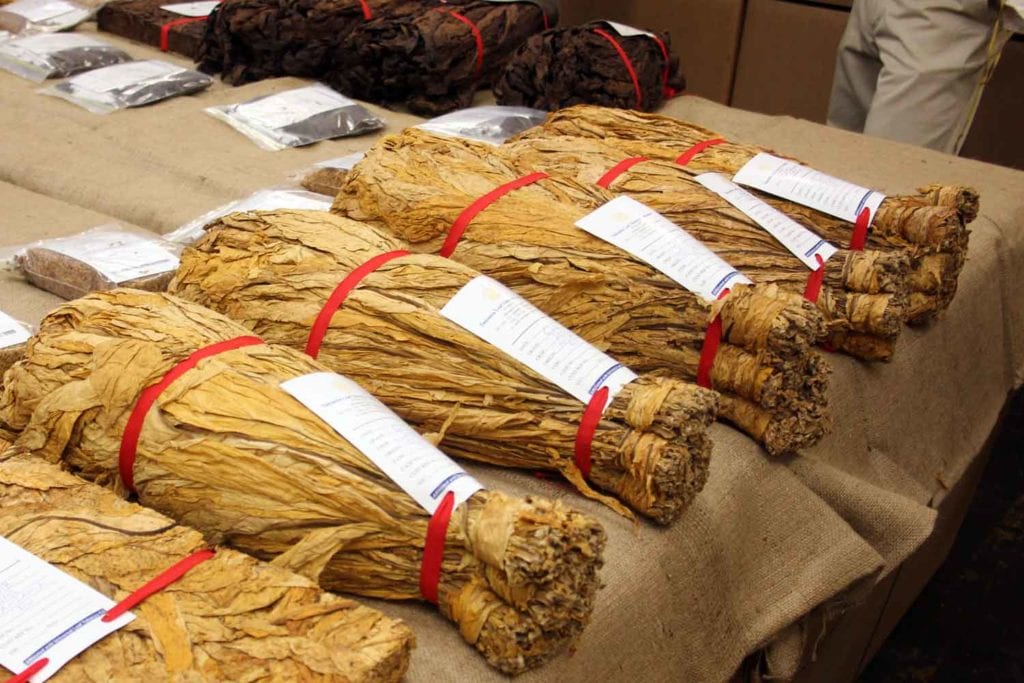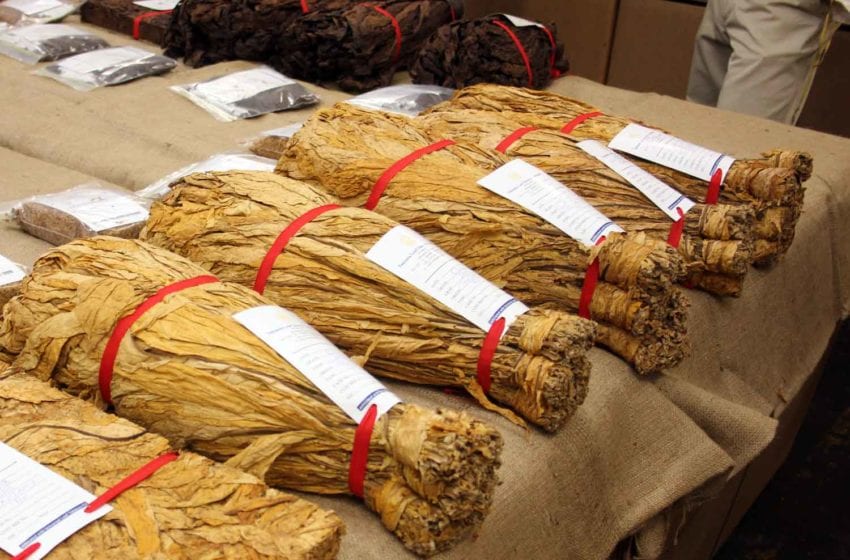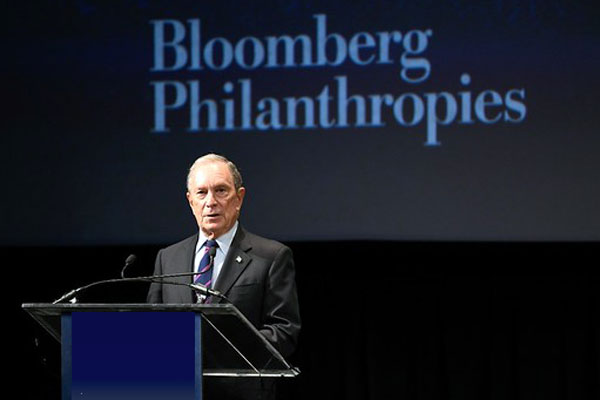
Universal Corp. reported net income for the quarter ended Dec. 31, 2020, of $33.3 million, compared with net income of $26 million, for the prior year’s third fiscal quarter. Excluding restructuring and impairment costs and certain other non-recurring items net income increased by $27.5 million from the comparable 2019 quarter. Operating income for the third quarter of fiscal year 2021 increased to $60.2 million compared to $44.1 million for the three months ended Dec. 31, 2019.
Net income for the nine months ended on Dec. 31, 2020, was $48 million, compared with $56.1 million for the same period of the prior fiscal year. Excluding restructuring and impairment costs and certain other non-recurring items, net income increased by $3.4 million for the nine months ended Dec. 31, 2020, compared to the nine months ended December 31, 2019. Operating income of $85.1 million for the nine months ended Dec. 31, 2020, was down from operating income of $94.8 million for the nine months ended Dec. 31, 2019.

“Tobacco shipments in the third quarter of fiscal year 2021 exceeded our previous expectations as customer mandated timing for some shipments forecast for the fourth fiscal quarter were accelerated into the third fiscal quarter,” said George C. Freeman, III, chairman, president and CEO of Universal Corp. in a statement. “As a result, total tobacco shipment volumes for the nine months ended Dec. 31, 2020, are similar to those of the prior year’s comparable fiscal period.
“The majority of our remaining committed tobacco orders for the 2020 crop are packed and ready to ship, and we expect sustained strong tobacco shipment volumes in our fourth fiscal quarter of 2021 barring any unforeseen events including changes in shipment timing. In addition, our uncommitted tobacco inventory levels remain within our target range. We continue to believe our adjusted operating income for fiscal year 2021, which excludes restructurings and certain costs for acquisitions, will materially exceed that for fiscal year 2020, barring any unforeseen events including shipment delays due to lack of vessel or container availability, port congestion, or Covid-19 related uncertainties.”
Universal Corp.’s board of directors declared a quarterly dividend of $0.77 per share on the common shares of the company, payable May 3, 2021, to common shareholders of record at the close of business on April 12, 2021.



















